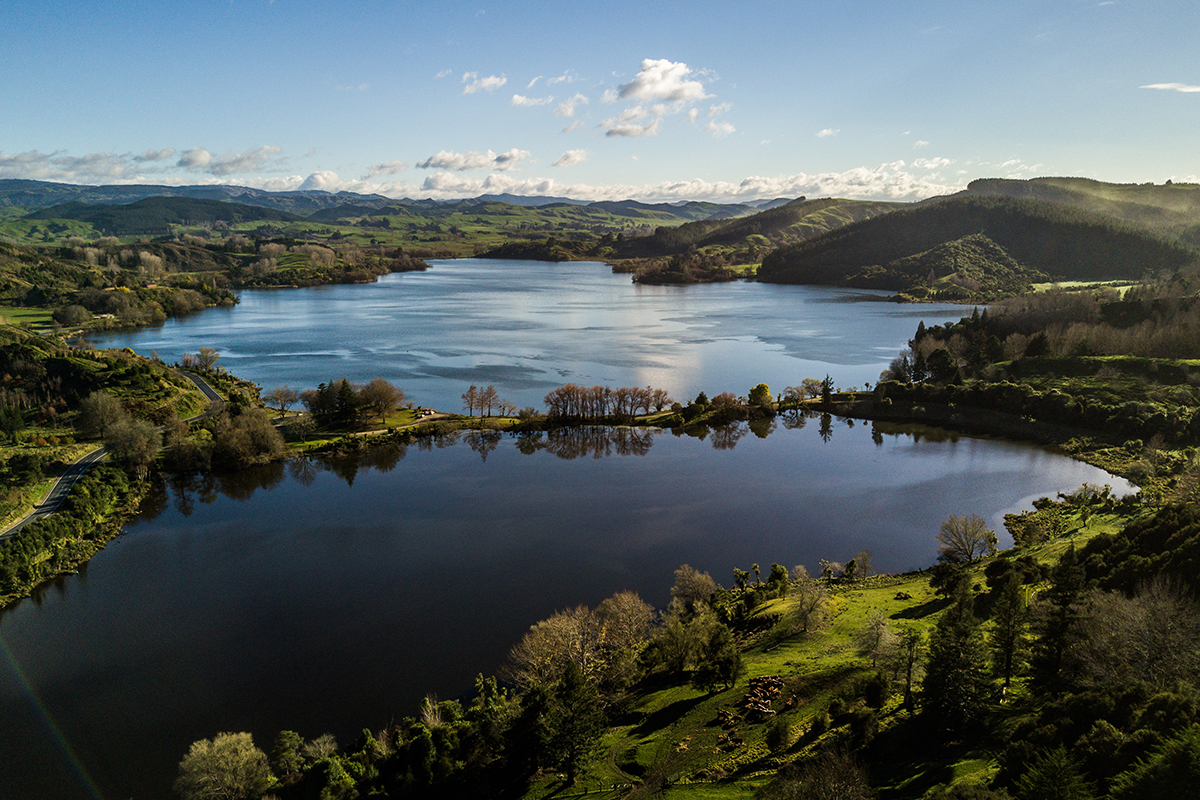While HBRC councillors grapple like Greek gods with the big heavenly issues like figuring out how to abet regional economic development, set regional transportation policy, improve water security, biting the bullet on Maori seats and deciding what priority to give our marine environment and our ‘climate emergency’, thankfully good stuff does happen occasionally down in the earthly servants’ quarters.
The evidence? Two announcements this week.
One announcement might be considered bad news at first glance. A prominent local business, Hawke’s Bay Protein in Awatoto got socked with a $38,500 fine for odour violations after being charged by HBRC regulatory enforcers. Anyone traveling between Havelock North, the Cape Coast and Napier has experienced that odour and knows how foul it can be. We just roll up the windows or hold our breath and push the accelerator! But on these occasions the smell drifted inland offending the gentry of Greenmeadows and Taradale and the complaints rolled in.
So the good news is that HBRC demonstrated that it indeed does have an enforcement staff that will take out the club when required, and they weren’t afraid of prosecuting a company owned by a prominent businessman, Andy Lowe, who on the good side of the ledger enjoys considerable HBRC and public support for his Cape Sanctuary species conservation work. For the record, the company pleaded guilty.
The second announcement concerned Lake Tutira, declared a priority ‘hot spot’ by the team of Regional Councillors elected back in 2013. At that point, work intensified, both at the Council and its science team and within the surrounding community — farmers and local hapu — to restore lake that had become a smelly, fish-killing, unswimmable embarrassment.
This past week, HBRC lifted the permanent swimming ban on Lake Tutira. The journey to get there has been slow but steady, involving improved land management practices to mitigate incoming contamination as well as trial & error technology interventions to improve water quality. Quiet persistence has paid off.
While the permanent ban on swimming is lifted, people should still check the health of the lake before they go for a swim, at hbrc.govt.nz #swim.
“There is still the risk of algal blooms or faecal contamination in the future, particularly after rainfall. What has changed is our ability to put out real-time warnings,” Regional Council water quality scientist Andy Hicks says.
The Regional Council monitors the quality of the lake, including the bacteria levels and the risk of algal blooms.
“We have a monitoring buoy in place that checks for algae at all depths of the lake in real time. A new instrument enables our team to check algae levels at different swimming spots every week during the swim season, and lab results on species composition come to us monthly,” he says.
So, more work to be done, but an impressive milestone nonetheless.
Photo: Tim Whittaker


There was never a ban on swimming in Lake Tutira Tom just an advisory that it was unsafe for swimming at all times. This advisory was put on by the DHB. There was also an advisory that it was unsafe for boating at all times. I requested that this be removed some years ago as it was completely inaccurate and potentially would affect the Guthrie Smith Trust OEC. We have lived next to these Lakes for 19 years now and have been swimming in them almost every year without incident. It is good news that this advisory has been removed and that Lake Tutira has had some positive media for a change. Great work is being done around the Lake and in the perceived catchment led by HBRC and Iwi.
Let’s be honest Tom, those of us with a little understanding of land management issues know that it’s a bit soon to get too excited about the effect of the great work that is being done and hopefully will continue to be done in the Tutira area in regards to the health of the lake. It is certainly far too soon for washed up local body politicians to take any credit! In another ten years or so the benefits of the hard mahi will start to kick in, but in the meantime we just have to hope the benign and favourable conditions that have prevailed over the last couple of years continue.
The HBRC (and during your last stint on the council) let the Napier city Council get away with massive failings in management of the three waters. Don’t Crow about anything too soon. If you were to liken the HBRC to an alcoholic……..
Then you have only just worked out you drink considerably more than most and it could be bad.
Very very long way to go.
The HBRC is still trying to fund a privately owned water storage facility when it can’t meet all of its regulatory duties.